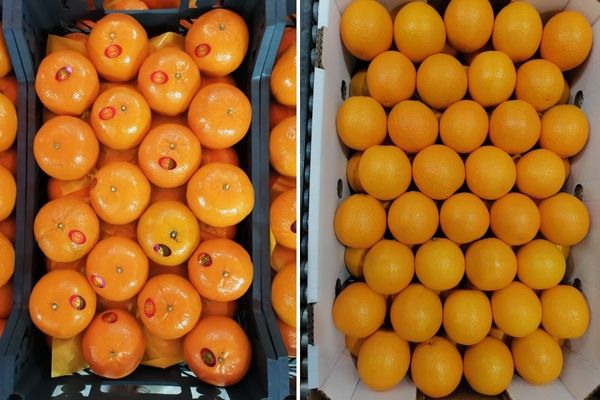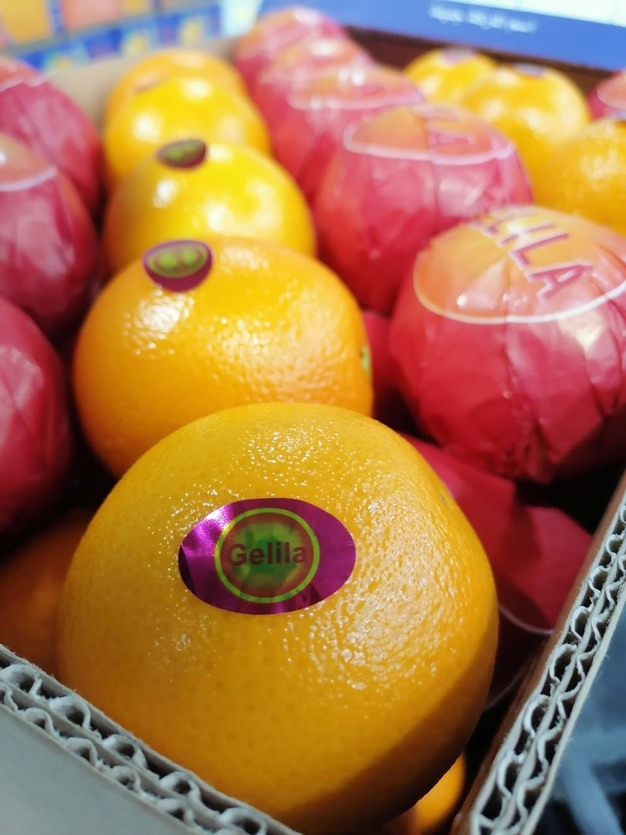The world's largest citrus exporter, Egypt, has seen a large increase in volumes this season. According to Mr. Eslam Gelila, CEO of the Egyptian exporter Gelila, this increase reached 20% more than last year, and about a total of six million tons of citrus are ready for export.
However, a part of this production is looking for buyers, because of a set of circumstances related to the Russian market.

According to Mr. Eslam Gelila, this year's production in Egypt is affected by a shortage of large sizes. This is supposedly good news since medium and small sizes are appreciated by most international markets. But ... "When we know that large sizes are preferred by Russian customers and that Russia accounts for 30% of the demand for Egyptian citrus, we understand that we need alternative markets," says Mr. Eslam.
The second reason is the situation in Eastern Europe, which has largely disrupted trade with Russia. Mr. Eslam explains: "Currently, only two shipping lines between Egypt and Russia are operational, which raises a logistical burden."
These challenges are the other side of an exceptionally good Egyptian citrus season in terms of quality and quantity, according to Mr. Eslam.
 In terms of costs, Egyptian exporters are also witnessing a similar half-good half-bad picture. While the devaluation of the Egyptian pound against the American dollar is good news for exporters, they have to deal with increased production costs, including planting, packaging, and transportation costs.
In terms of costs, Egyptian exporters are also witnessing a similar half-good half-bad picture. While the devaluation of the Egyptian pound against the American dollar is good news for exporters, they have to deal with increased production costs, including planting, packaging, and transportation costs.
Gelila executives, who produced this season the varieties Navel, Valencia, Mandarins, and Lemons, in addition to other vegetables and fruits, remain positive. Mr. Eslam said: "This situation requires us to shift our target markets. We are intensifying our approach to African countries, which is a very promising market."
For more information:
Mr. Eslam Gelila
Gelila
Tel. +20 100 000 4540
Email: [email protected]
Website: gelila-eg.com
Mr. Mohamed Ashraf
Gelila
Tel: +20 110 015 0908
Email: [email protected]
Website: gelila-eg.com
